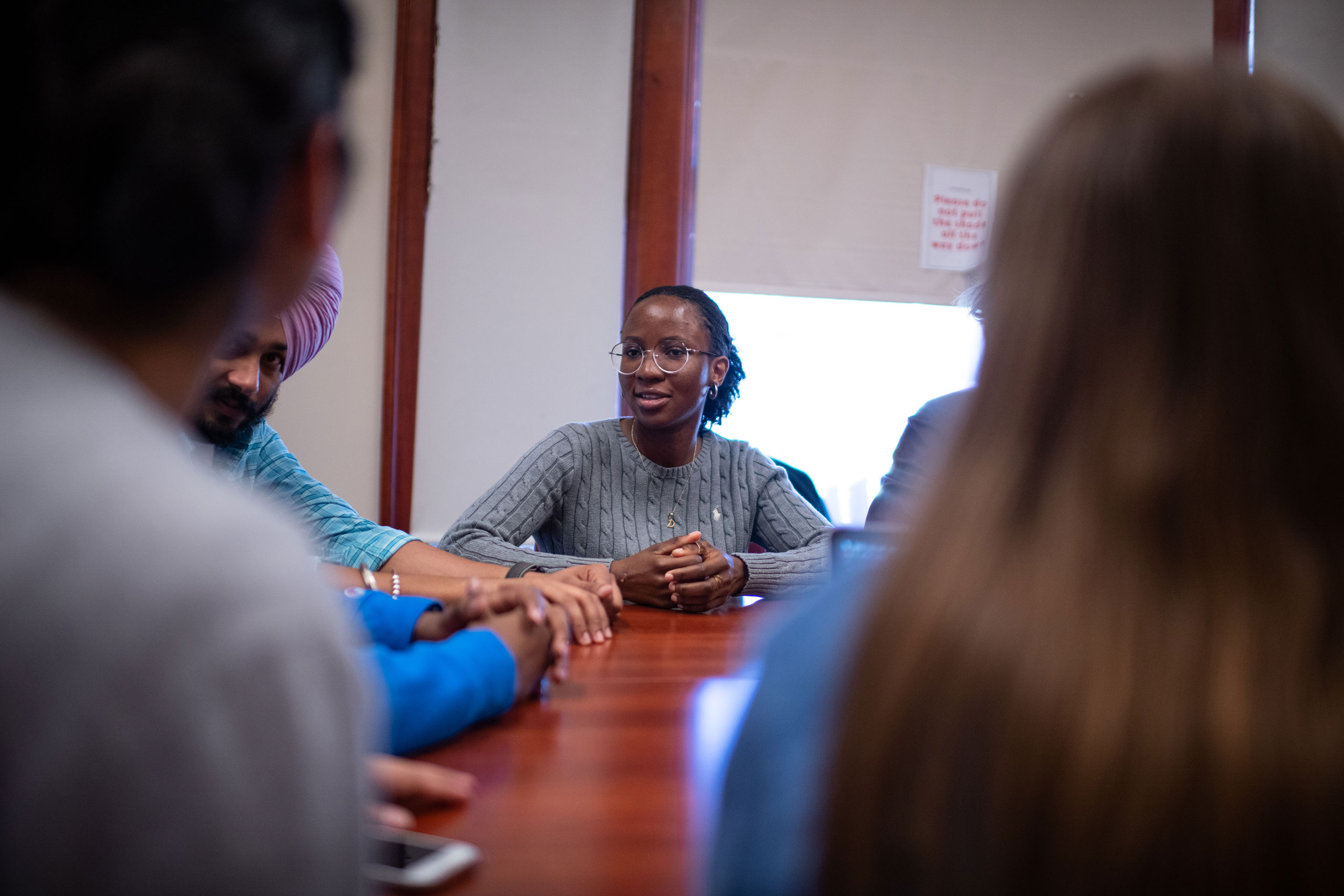Learning outcomes
Our graduate and undergraduate degrees ground students in interdisciplinary academics and professional practice and promote four learning outcomes:
- Work across intellectual, professional, individual, and cultural differences.
- Understand and address complex social-ecological challenges, transforming institutions and systems to produce more socially just, climate-responsive, and sustainable outcomes.
- Act effectively in uncertain and unstable contexts.
- Communicate, facilitate, collaborate, and co-create with a diverse range of stakeholders: communities impacted by social and environmental problems, not-for-profit organizations, government agencies and policymakers, donors, and businesses.
Undergraduate majors
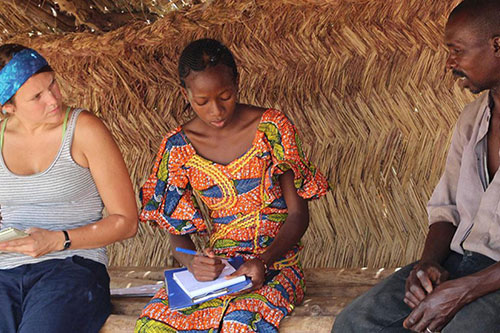
International Development and Social Change
Learn how to bring about positive change in the world by thinking critically, acting collaboratively, and engaging responsibly.
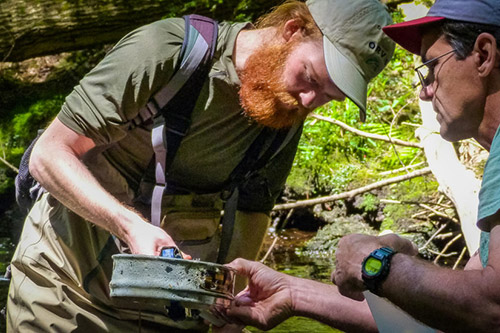
Environmental Science
The Environmental Science and Policy Track of Clark’s Environmental Science Major—the first program of it’s kind—prepares you for a career at the intersection of environment, development, society, and technology.

Accelerated Bachelor’s to Master’s
Gain the edge with one of our Accelerated Degree Programs that offers qualified Clark undergraduates a pathway to earn both a bachelor’s and master’s degree in five years.
Graduate degrees and certificates
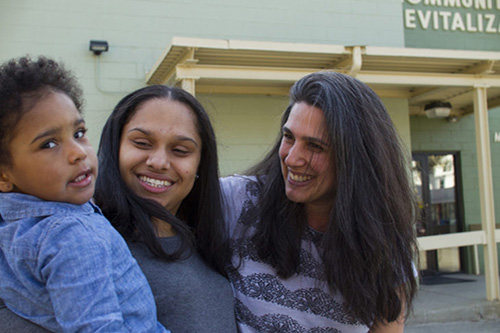
Community Development and Planning, M.A.
Build more resilient and equitable urban communities by confronting social and economic injustice.
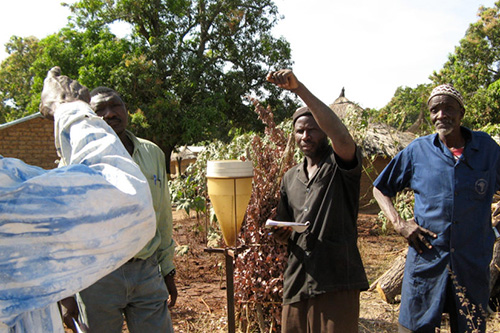
Environmental Science & Policy, M.S.
Co-create understanding and responses to the pressing environmental challenges, including climate change impacts, pollution, sustainable water-food-energy systems, and conserving biodiversity.
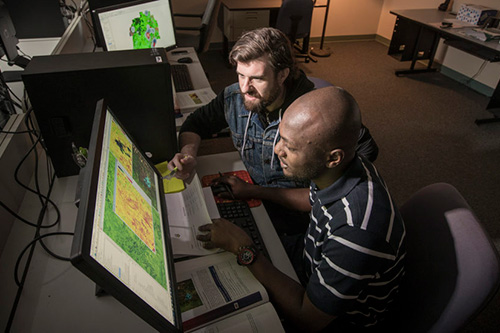
Geographic Information Science (GIS), M.S.
Work with top experts and use leading-edge technologies to forge a distinguished career in geographic information science and inform research and policy for social, environmental, and climate justice.
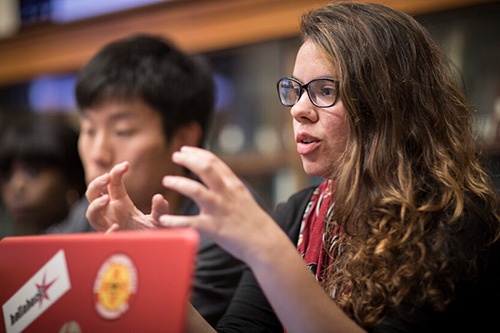
International Development, M.A.
Collaborate across disciplines and social groups to develop solutions to the challenges facing today’s world.
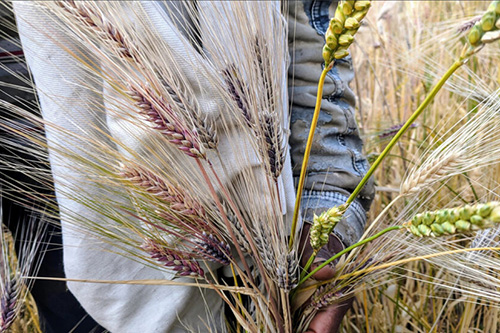
Sustainable Food Systems, M.S.
Contribute to innovative initiatives and social movements for food security, sovereignty, and justice.
Graduate Certificate Programs
Monitoring and Evaluation
Design monitoring and evaluation systems for organizational learning and policy development. Students will learn to work across a range of programmatic areas, including youth work, food systems, climate change impacts and adaptation, water stress, pollution and health risks, refugees and forced migration work, and natural resource management.
Refugees, Forced Migration, and Belonging
Gain an understanding of forced displacement and migration issues, taking into account the complex social, political, economic, cultural, environmental, and technological factors shaping population movement and integration in our societies.
Youth Work Practice
Learn the ethos, knowledge, and approaches needed to build trust-centered, authentic, mutually respectful relationships with young people, as well as how to design and manage youth development programs.
 Graduate fellowships and scholarships
Graduate fellowships and scholarships
Clark University master’s degree programs award generous merit-based scholarships to U.S. and international students. Scholarships are available for returned Peace Corps Volunteers (RPCVs) and other service organizations. Fellowships also are available to work on grant-funded research projects.
Department of Sustainability and Social Justice
-
10 Hawthorne Street
Worcester, MA 01610-1477 - 1-508-793-7201
- 1-508-793-8820 Fax
- idce[at]clarku[dot]edu

